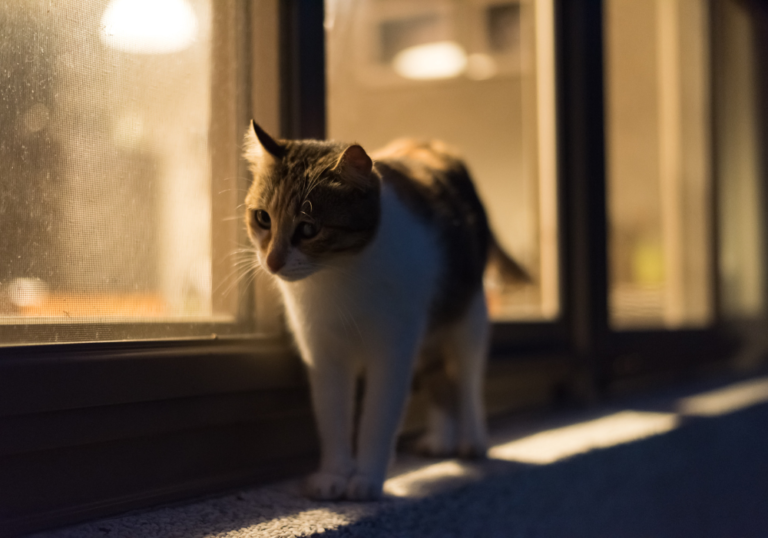Managing Your Cat's Night-Time Activity: Tips for a Peaceful Night's Sleep

It’s 2 a.m., and while the world outside is silent, your home is anything but. Your cat, full of energy, races through the house, sliding around corners and knocking over plants. While your feline friend views the night as an adventure, you’re left wondering how to get a good night’s sleep. If you’re tired of being woken up by your cat’s antics, read on for practical strategies to manage your pet’s night-time activity.
Why Is Your Cat Active at Night?
Cats are naturally crepuscular animals, meaning they are most active during dawn and dusk. In the wild, this is when they hunt for food. Even though your pet may not need to hunt, those instincts remain strong. As a cat parent, it’s important to understand this behavior to effectively manage it.
What to Do If Cat Capers Interfere with Your Sleep
If your cat’s night-time antics are keeping you awake, here are several strategies to help both you and your furry friend get a restful night.
1. Just Ignore Your Cat
While it might seem counterintuitive, ignoring your cat’s attempts to get your attention may help. If your cat scratches at the door or meows, refrain from giving in. Offering food or petting your cat can reward this behavior, making it more likely to continue.
2. Keep Your Pet Active During the Day
A tired cat is a calm cat. Engage your pet in stimulating play sessions during the day, especially in the afternoon and early evening. Here are some fun activities to try:
- Fetch: Many cats love a good game of fetch. Toss a small, lightweight toy for your cat to bring back to you.
- Chase the Light: Use a laser pointer to engage your cat in a lively game of chase. This activity helps burn off excess energy.
- Fishing: Use a kitty fishing rod with dangling toys to stimulate your cat’s hunting instincts.
- Bird and Squirrel Watching: Set up a resting shelf by a window so your cat can enjoy watching birds and squirrels outside.
- Videos: Consider showing your cat videos of birds or other animals. YouTube offers long videos specifically designed for feline viewers.
- Electronic Toys: Invest in battery-operated toys that can keep your cat entertained while you’re busy or away.
- Tag: Join in on the fun by playing tag with your cat during the day.
3. Change Feeding Times
Many cats become sleepy after eating. If your cat is prone to night-time activity, consider adjusting its feeding schedule. Offer the last meal of the day later, or give your pet a small treat at bedtime to encourage sleepiness.
4. Close the Bedroom Door
Sometimes, the simplest solutions are the best. By closing your bedroom door at night, you can create a barrier between your sleep and your cat’s nightly antics. Your pet may complain initially, but they will likely adjust to the new routine.
5. Consult Our Doctors at Acacia Pet Hospital
If your cat has suddenly become more active at night or is excessively vocal, it may be worth consulting our doctors at Acacia Pet Hospital. Changes in behavior can sometimes indicate underlying health issues that need to be addressed.
Conclusion
Managing your cat’s night-time activity requires patience and a few behavioral strategies. By keeping your cat active during the day, adjusting feeding times, and creating a calm sleeping environment, you can help both you and your feline friend enjoy a peaceful night’s rest.
If you need more help or have any questions, call us at Acacia Pet Hospital or (408) 264-6354. Visit us at 4486 Pearl Ave, San Jose, CA 95136. Monday to Friday from 8:00 am to 5:00 pm.

